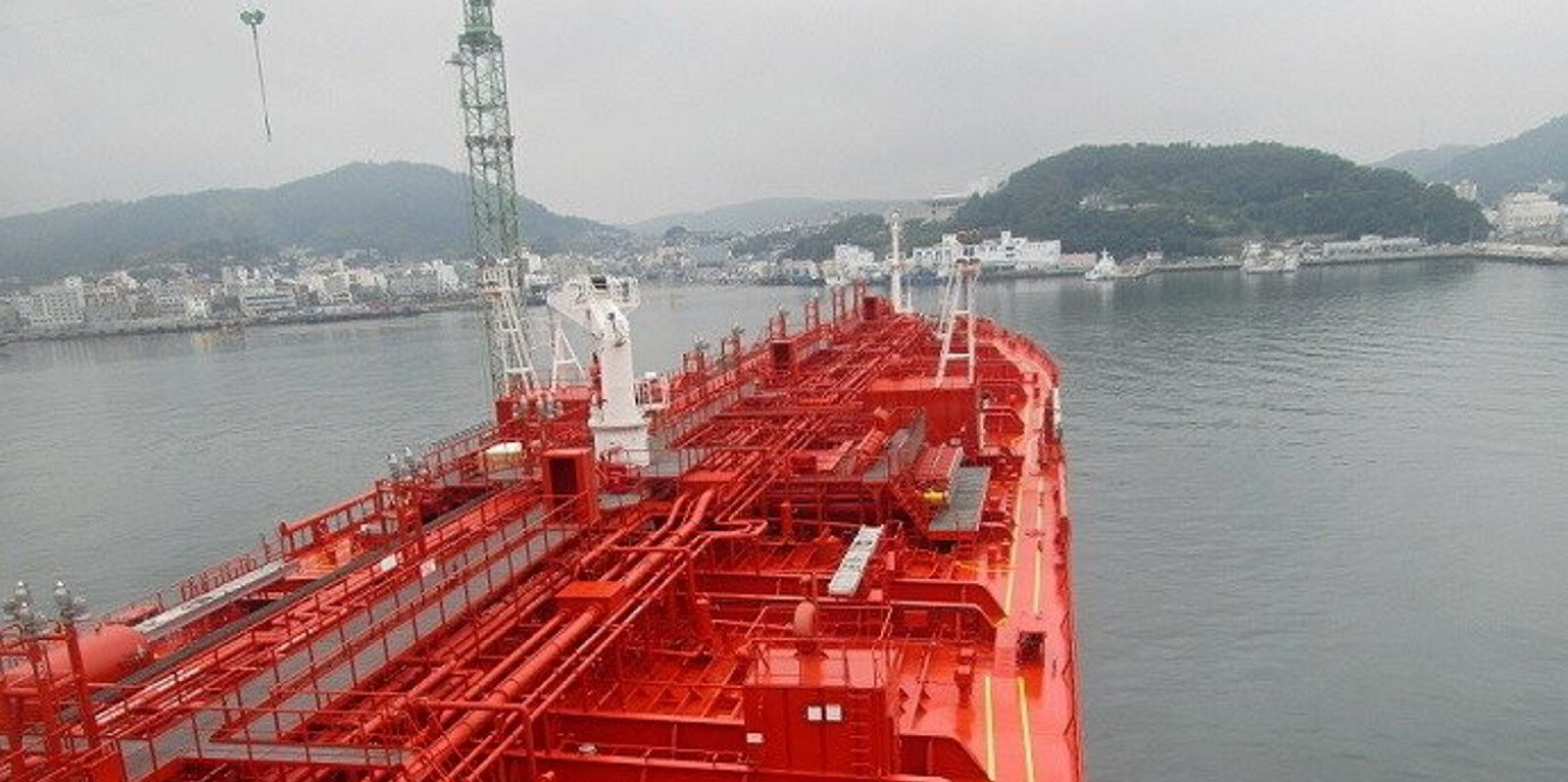The recent spate of MR tanker orders does not yet appear sufficient to replace elderly vessels, according to UK shipbroker Gibson.
The London shop said the “workhorse” product carrier fleet is “ageing fast”, with ships dating from between 15 and 19 years ago making up nearly 30% of the total.
“This raises concerns that a substantial number of tankers will soon exceed 20 years of age, limiting their trading capabilities in regions where they typically operate,” Gibson added.
Last year, 114 new MRs were ordered, with another 71 added already this year.
This has lifted the MR orderbook to close to 230 vessels, representing 13% of the existing fleet.
“Nonetheless, despite the increase in scheduled deliveries in 2025 and 2026, the number of tankers in the 15 to 19-year bracket is still higher,” the broker added.
In addition to this, another 13% chunk is over 20 years of age.
Many of these are finding work outside conventional markets — Gibson tallies 181 of 1,720 MRs exclusively trading in Iran, Venezuela and Russia.
“This significant portion, which is around 10% of the fleet, is substantial enough for their absence from the main trade to be felt,” the broker explained.
“Unless the orderbook continues to grow, the size of the fleet under 20 years of age will continue to shrink,” Gibson said.
Rates trouncing long-term average
A combination of growing demand and tightening supply of tankers available to mainstream players is supporting the consistent strength in the MR market, the brokerage added.
For the year to date, global spot time charter equivalent earnings have averaged $35,000 per day for non-eco ships, up from $31,250 over 2022 and 2023.
The average figure between 2010 and 2019 was $13,500.
Structural changes in clean tanker flow due to sanctions on Russia are likely to stay in place for the foreseeable future, the broker believes. But the Red Sea situation is much more uncertain.
Meanwhile, Nigeria’s Dangote refinery in West Africa and Pemex’s upcoming Olmeca refinery in Mexico could disrupt the traditional structure of the clean trade, potentially harming the market, the company added.
On the upside, however, the earmarked closure of multiple refineries in Europe between 2025 and 2027 may still encourage regional clean product imports despite disappointing demand indicators, Gibson believes.




